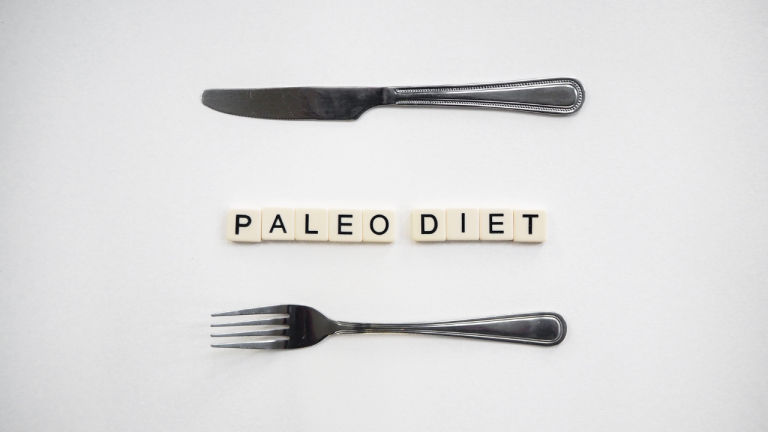Vegan Diet Explain

A vegan diet is a type of plant-based diet that excludes all animal products and by-products, including meat, poultry, fish, dairy, eggs, and honey. It is a dietary choice that is often motivated by ethical, environmental, or health concerns.
A vegan diet is based on a wide variety of plant-based foods, such as fruits, vegetables, grains, legumes, nuts, and seeds. These foods provide all the essential nutrients needed for optimal health, including protein, iron, calcium, and omega-3 fatty acids.
A well-planned vegan diet can offer several health benefits, including a lower risk of chronic diseases such as heart disease, type 2 diabetes, and certain types of cancer. It has also been associated with better weight management, improved digestion, and lower cholesterol levels.
To ensure adequate nutrient intake, it is important for vegans to pay attention to their diet and plan their meals carefully. Key nutrients to focus on include protein, vitamin B12, iron, calcium, and omega-3 fatty acids. Vegans can obtain these nutrients from a variety of plant-based sources, including fortified cereals, soy products, leafy greens, nuts, and seeds.
It is also important to note that while a vegan diet can be nutritionally adequate, it may require more planning and effort to meet nutrient needs than a traditional omnivorous diet. It is always recommended to consult with a registered dietitian or healthcare professional before making any major dietary changes.



